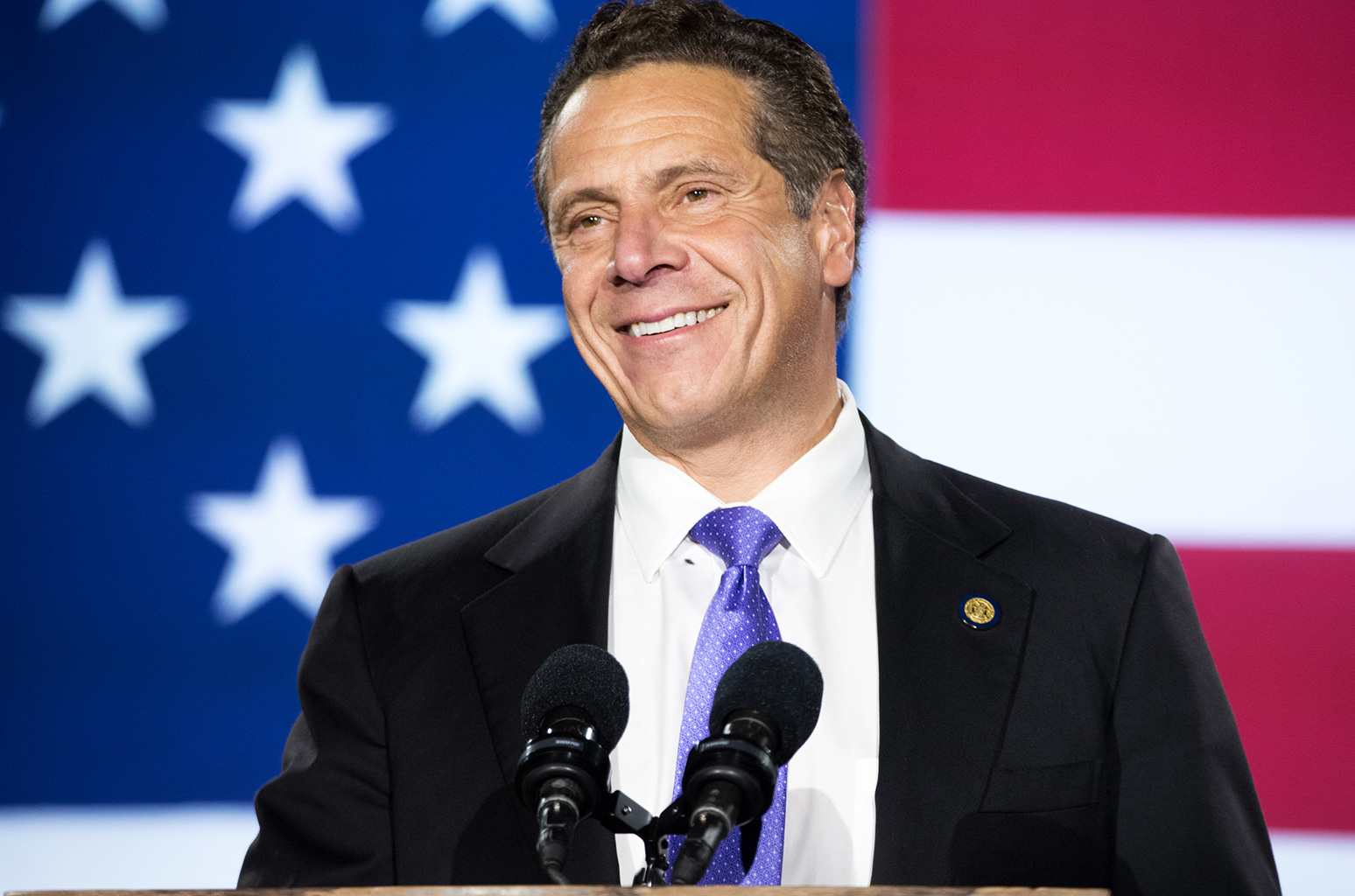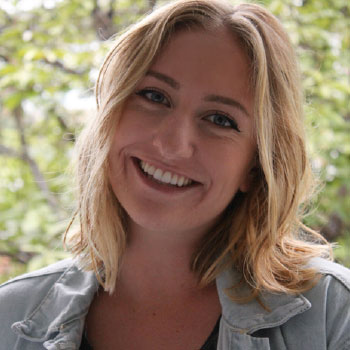This fall, as tuition costs continue to rise across the country, New York welcomed its first class of Excelsior Scholars, student recipients of the state’s offer to grant tuition-free college to qualifying applicants. The program, officially titled New York State’s Excelsior Scholarship, promises free tuition for New York residents attending schools within the State University of New York (SUNY) and the City University of New York (CUNY) systems.
To qualify, applicants or their families must earn less than $100,000 in annual income, a limit that is expected to increase incrementally over the next two years. The scholarship effectively introduces to the United States the novel concept of free college tuition, but it also raises larger questions about college costs and about the implications of potentially misleading language associated with tuition-free college.
The Excelsior Scholarship was introduced by Governor Andrew Cuomo at the beginning of this year and began this fall. The New York Times reports that the $87 million allocated to the scholarship was distributed among roughly 23,000 students, although 75,000 hopefuls applied.
Compared to the almost 900,000 total students enrolled (including graduate and professional students) in both the SUNY and CUNY systems, the number of individuals receiving New York’s prized scholarship seems inadequate. Still, the scholarship affords some disadvantaged undergraduates the opportunity of a college education, which in itself is invaluable.
According to New York’s Higher Education Services Corporation, the maximum amount a student eligible for the Excelsior Scholarship is $5,500, while the current tuition is $6,470 at SUNY and $6,330 at CUNY.
It must be noted that, obviously, tuition is not the only expense associated with college. All students can attest that textbooks, food, transportation and housing, among other costs, constitute an enormous expense necessary to attending and succeeding in college. Tuition makes up a fraction of the real cost of higher education.
The Excelsior award works in conjunction with other financial aid awards, meaning any other financial aid awards, such as New York’s Tuition Assistance Program (TAP) and Pell Grants, are subtracted from the total award amount.
The Excelsior Scholarship “Information Toolkit” notes that, “The remainder of your tuition charge will be covered through a tuition credit paid through SUNY and CUNY.” The term “tuition credit,” however, seems to undermine the point of free tuition by describing the award as a loan — as something that must be paid back.
One stipulation made clear by the Excelsior Scholarship is that students are required to live and work in New York for the number of years that they receive the award. A current freshman at SUNY who, say, receives the scholarship to complete her bachelor’s degree in four years, must continue to live in New York for four years after graduation.
The state, therefore, gets its return on investment by compelling students to remain in New York as taxpayers, consumers and laborers. Is it fair, then, to call the Excelsior Scholarship “free tuition” when students have, in a sense, a debt to pay back? Does “free” only pertain to money, and not one’s time and livelihood?
While requiring students to stay in New York is not harmful, especially considering the state pays for a portion of their college expenses, it limits the options available to undergraduates who require financial aid. In a sense, it creates a cycle of restrictions for low-income and middle-income students — a circumstance that is almost wholly out of their control.
In many cases, affordable higher education is sparse, if at all existent; thus, a student struggling to pay for college turns toward financial aid like the Excelsior Scholarship. It is unsettling, then, that a financial award given to a student who otherwise might not attend a university constrains her choices once she graduates. Free tuition therefore interferes with students’ lives because of their financial restrictions, instead of providing opportunities in spite of them, which is ironically the ultimate goal of the scholarship.
Though it has limitations, the Excelsior Scholarship provides ample opportunity for students striving to pay for college, which is exorbitantly expensive and only increasing in cost. As the only state to implement a free tuition program, New York sets the tone for, and puts pressure on, the rest of the United States’ higher education systems. College simply cannot remain unattainable for the vast majority of young Americans, though this is the reality. Oddly enough, loans do not cut it.
According to the Washington Post, more people are defaulting on their loan payments than ever before, which is hardly shocking considering that tuition growth has increased exponentially for both public and private universities.
With student debt at an all-time high, New York’s steps toward feasible college for more people are in the right direction. States that initiate programs like New York’s, however, must reflect upon the greater implications of choice for financially dependent students, and whether or not free tuition means free tuition.

















